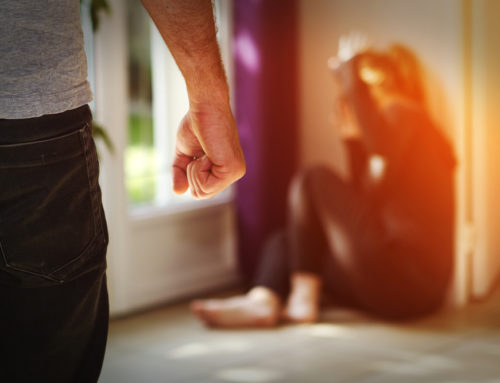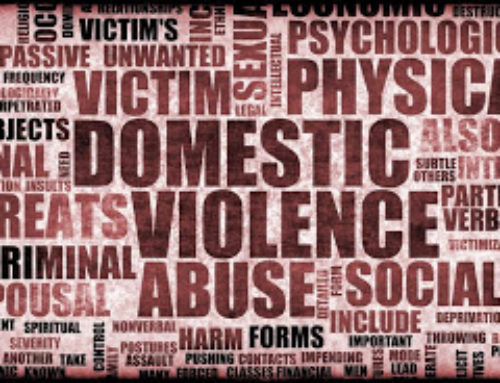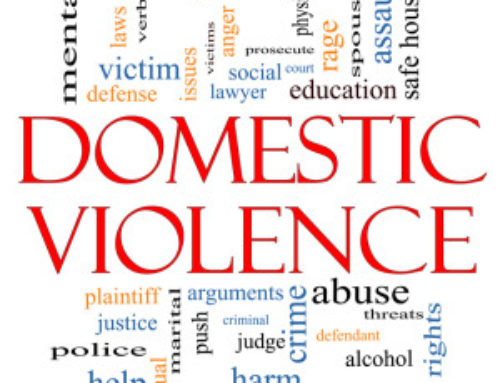What role does victim testimony in domestic violence cases in California play in seeking a conviction? What if the alleged victim recants or refuses to testify against the accused? Is the “Sound of Silence” by the victim a death knell for the prosecution? Let’s examine the recent arrest of singer, Paul Simon, as an example:
 In April of 2014, Paul Simon was arrested on Domestic Violence charges with respect to an incident occurring with his wife Edie Brickell (see further discussion here). While Ms. Brickell has tried to get the charges dismissed by arguing she started the fight, many defendants especially in California face domestic violence charges where the victim, either husband, wife, girlfriend or boyfriend, show up at trial and change their story for whatever reason. In such cases, a prosecutor will impeach the victim on the stand with the initial statement they provided law enforcement at the time of the incident which often puts the blame on and/or incriminates a defendant.
In April of 2014, Paul Simon was arrested on Domestic Violence charges with respect to an incident occurring with his wife Edie Brickell (see further discussion here). While Ms. Brickell has tried to get the charges dismissed by arguing she started the fight, many defendants especially in California face domestic violence charges where the victim, either husband, wife, girlfriend or boyfriend, show up at trial and change their story for whatever reason. In such cases, a prosecutor will impeach the victim on the stand with the initial statement they provided law enforcement at the time of the incident which often puts the blame on and/or incriminates a defendant.
Many times people charged with domestic violence believe that if the victim wants the charges dismissed, then the charges will be dismissed by the government. However, such is not the case especially since the OJ Simpson case in Los Angeles in the mid-1990s where law enforcement and prosecutors were blamed for not being tougher on domestic violence calls which, in that case, could have led to prevention of a murder as claimed by the Los Angeles District Attorney.
In many instances, a victim will just not show up to testify at trial or at a preliminary hearing leaving the burden on the government to prove their case without the alleged victim being present. Often times, a prosecutor will dismiss a case if they cannot get a victim to testify, but in other instances they will attempt to prove their case without a victim.
Felony Domestic Violence in California
Felony domestic violence charges in California can be very serious. Under California Penal Code section 273.5, a person convicted of felony domestic violence can be sentenced to state prison for 2, 3 or 4 years with additional prison time if the defendant is proven to have caused great bodily injury in violation of California Penal Code section 12022.7(e). Typically, in a felony case, a prosecutor will have to show that there is probable cause for the case to go to trial through testimony at a preliminary hearing. The rules of evidence at a preliminary hearing are more forgiving then at trial and a law enforcement officer can testify to hearsay, including statements made by the victim pursuant to California Proposition 115. However, such rules at trial are not the same and a police officer cannot testify to hearsay.
Typically, in a felony domestic violence case, whether it be filed in Los Angeles, Riverside, Ventura, Orange or another county in California, a prosecutor will attempt to secure an alleged victim’s testimony at a preliminary hearing. If the prosecutor can secure testimony from the victim at the preliminary hearing and the victim is found to be unavailable at trial, such preliminary hearing testimony is usually admissible at trial. However, as discussed below, if a victim does not testify at a preliminary hearing and fails to show up for trial, the prosecutor can attempt to get such testimony admitted at trial but the California Evidence Code and the United States Supreme Court have set forth strict rules before such evidence would be admissible at trial.
Evidence In Misdemeanor and Felony Domestic Violence Trials
The only time a victim will testify in a misdemeanor domestic violence case in California is at trial as there is no requirement of a preliminary hearing in a misdemeanor case. In addition, if a victim fails to testify at a preliminary hearing in a felony domestic violence case, then there is a great likelihood that as with a misdemeanor trial, the victims hearsay statements to law enforcement or others may be inadmissible to convict a defendant charged with domestic violence.
California Evidence Code section 1370(a) provides in pertinent part:
“Evidence of a statement by a declarant is not made inadmissible by the hearsay rule if all of the following conditions are met:
“(1) The statement purports to narrate, describe, or explain the infliction or threat of physical injury upon the declarant.
(2) The declarant is unavailable as a witness pursuant to Section 240.
(3) The statement was made at or near the time of the infliction or threat of physical injury …
(4) The statement was made under circumstances that would indicate trustworthiness.
(5) The statement was made in writing, was electronically recorded, or made to a physician, nurse, paramedic, or to a law enforcement official.”
With respect to the “trustworthiness” requirement under section 1370, the Court of Appeal in People v. Quitquit 155 Cal.App.4th 1, set forth the circumstances that a superior court must consider in determining if the People can meet their burden including:
(1) Whether the statement was made in contemplation of pending or anticipated litigation in which declarant was interested.
(2) Whether the declarant has a bias or motive for fabricating the statement, and the extent of the any bias or motive.
(3) Whether the statement is corroborated by evidence other than statements that are admissible only pursuant to this section.”
In addition, an experienced criminal defense attorney will always argue that the admission of hearsay evidence of a victim or complaining witness against a defendant in a domestic violence case and/or other criminal trial violates a Defendant’s right to confront his accuser pursuant to the Sixth Amendment of the United States Constitution. Such rule was reiterated by the California Supreme Court in the case of Crawford v. Washington (2004) 541 U.S. 36, 42-69, 124 S.Ct. 1354.)
The Role of An Experienced California Criminal Defense Attorney in Refuting Charges of Domestic Abuse
As one can see, the California Evidence Code and the United States Constitution create many hurdles for a prosecutor to get hearsay statements of an alleged victim who fails to show up to testify at trial. Such issues can be very complicated and it is always advisable to consult and/or retain an experienced California Criminal Defense attorney to determine if the rules of evidence will assist you in defending against domestic violence charges. So, no matter whether you are charged with domestic violence in Los Angeles County, Orange County or the Inland Empire, you should consult and retain an attorney familiar both with the local court systems and with the nuances involved in the defense of domestic assault claims.





